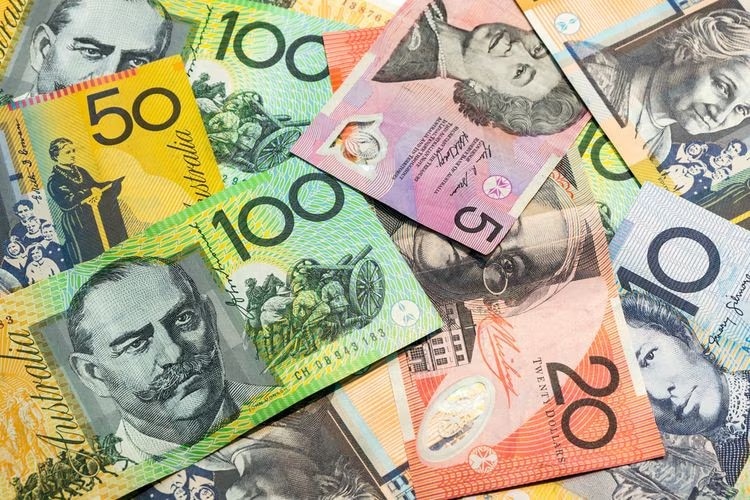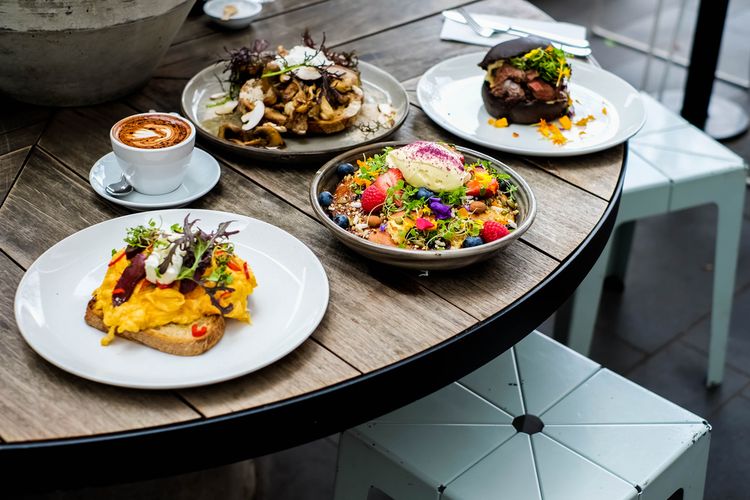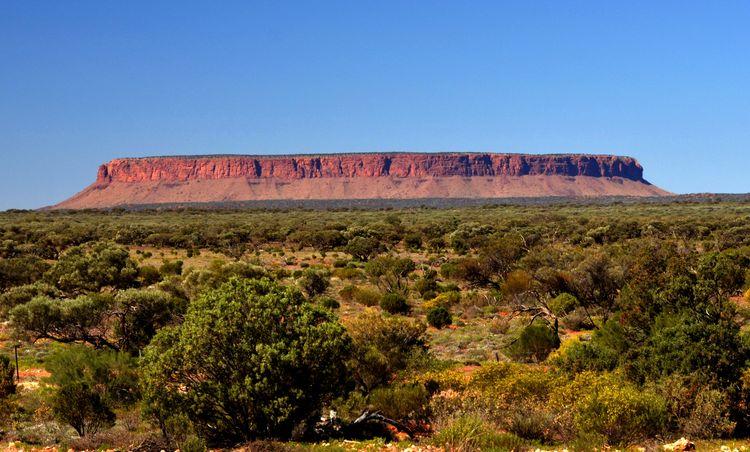-
2026/03/08
San Francisco(SFO) -
2026/03/14
Sydney
(Updated: June, 19, 2025 20:08)
Australia Travel Tips and Information
Official Name
Commonwealth of Australia
Capital
Canberra
Population
Country Code
About 27.48 million
AU
Country Code (international calls)
+61
The flight time to Australia is approximately 5~16 hours. Check the climate, currency, religion, manners, other information of Australia below. Wishing you pleasant travels to Australia.
Australia is a beautiful country made up of the mainland, Tasmania, and many smaller islands in Oceania.
Compare Airfares for Flights to Australia
Compare Airfares for Flights to Australia
Compare Airfares for Flights to Australia
Compare Airfares for Flights to Australia
Local Climate / Weather
Australia has a wide range of climates due to the vast size of the country. The central part of the continent has a dry desert climate, the northern areas are tropical with wet and dry seasons, and the southern areas are temperate to cool temperate with four seasons. Sunglasses and sunscreen are essential as the Australian sun is very strong.
Currency & Tipping
Currency
When visiting Australia, Travelers will use the Australian Dollar (AUD) as the official currency. It’s easy to exchange Australian Dollars at banks, currency exchange counters, and even airports. Credit and debit cards are widely accepted, and ATMs are available throughout the country, making it convenient for visitors to access local currency.
Tipping
Tipping is not as common in Australia as it is in other countries, such as the United States. While tipping is appreciated, it is not expected. Australians typically do not tip for everyday services, and restaurant bills usually do not include a service charge. However, if you receive excellent service at a restaurant, it’s customary to leave a small tip, usually around 10% of the total bill. For other services, such as taxis, hotel porters, or tour guides, tipping is also optional. You can round up the fare for taxi drivers or leave a small tip for porters if you wish. However, these tips are entirely at your discretion. This guide aims to help travelers understand the norms of currency and tipping in Australia, ensuring a smooth and hassle-free experience during their trip.
Useful Travel Information

Voltage & Electrical Outlets
The voltage in Australia is 240V. However, most mobile phones and laptops are compatible with 240V, so they should work without any issues. The outlet type is Type O.

Internet Connectivity
Internet speeds are fast, and many hotels offer Wi-Fi access.
Water for Consumption (Drinking Water)
Tap water is hard water. While it is generally considered safe to drink, it is recommended to purchase mineral water. Bottled water typically costs around 2 dollars.
Culture, Religion & Social Etiquette
Culture
Australia's culture is a vibrant blend of its Indigenous heritage, British colonial roots, and modern multicultural influences. Known for its relaxed, friendly, and laid-back way of life, Australians value sports, outdoor activities, and family gatherings. Major cultural traditions include celebrating Australia Day every January 26, which marks the arrival of the First Fleet, and Anzac Day on April 25, a national day of remembrance for Australian and New Zealand Army Corps soldiers. Travelers may also be interested in Australia's beach culture, popularized by events like surfing festivals along the coast.
Religion
Australia is a secular country with a diverse religious landscape. While Christianity is the most widely practiced religion, representing about 43.9% of the population (including Anglican, Catholic, and other denominations), there are growing communities of Islam, Buddhism, Hinduism, and Judaism. The country embraces religious freedom, with many Australians identifying as having "no religion."
Social Etiquette
Australians are generally informal and friendly in their interactions. Greetings like "G'day" (Good day) or simply "Hello" are common, and handshakes are the standard form of greeting when meeting someone for the first time. Punctuality is valued, especially in business settings, and addressing people by their first names is common after an introduction. It's also important to respect personal space and wait your turn in queues. When dining, Australians consider it polite to wait until everyone is served before eating. Additionally, tipping is not mandatory, though it is appreciated for excellent service.
Food Culture
Australia's food culture is a unique fusion of flavors, reflecting its multicultural society and abundant fresh produce. Travelers will find an exciting mix of traditional dishes influenced by Indigenous Australian ingredients and diverse international cuisines, especially from Asia and Europe. One of the staples of Australian cuisine is the iconic "barbecue," where locals gather to grill meats like beef, lamb, and seafood, often seasoned with native herbs. Kangaroo and emu dishes offer adventurous options for those wanting to try something distinctly Australian. For visitors who enjoy street food, Australia offers a range of options, from pies filled with meat and vegetables to fish and chips, a popular meal often enjoyed at beachside locations. Markets like Sydney’s Fish Market or Melbourne’s Queen Victoria Market provide a chance to sample fresh oysters, prawns, and even crocodile meat. In urban areas, travelers will find many recommended local restaurants serving a variety of global cuisines. In Sydney, restaurants like Quay and Tetsuya's offer fine dining with a modern Australian twist. Melbourne's food scene is equally exciting, with Lune Croissanterie and Chin Chin among the must-visit spots for food lovers. For a more casual experience, many eateries offer popular foods like avocado toast, flat whites, and the famous Australian dessert, pavlova. The combination of rich local produce, global culinary influences, and a relaxed dining atmosphere makes Australia an exciting destination for food-loving travelers.
Major Tourist Attractions & UNESCO World Heritage Sites
Major Tourist Attractions
Australia's major tourist attractions include Ayers Rock (Uluru), the Great Barrier Reef, Kuranda Scenic Railway, Tasmania, Shark Bay, and the Sydney Opera House. Among these, the Great Barrier Reef, known as the world's largest coral reef system, and the massive Ayers Rock are UNESCO World Heritage Sites.
UNESCO World Heritage Sites
Cultural Heritage Sites include the Royal Exhibition Building and Carlton Gardens, Sydney Opera House, and the Australian Convict Sites. Natural Heritage Sites include the Great Barrier Reef, Lord Howe Island Group, Gondwana Rainforests, Queensland's Wet Tropics, Shark Bay in Western Australia, Fraser Island, the Australian Fossil Mammal Sites, Heard Island and McDonald Islands, Macquarie Island, Greater Blue Mountains Area, Purnululu National Park, and Ningaloo Coast. Mixed Heritage Sites include Kakadu National Park, Willandra Lakes Region, Tasmanian Wilderness, and Uluru-Kata Tjuta National Park.
Travel FAQs
When is the most affordable time to travel to Australia?
The most affordable time to find cheaper flights to Australia from the is typically during the Australian winter months, from June to August. Round-trip fares for direct flights generally start from around PHP 30,000, but prices may vary depending on promotions and booking periods.
How is the safety in Australia? Are there any precautions I should take?
Australia is generally considered a safe country for tourists. However, it's important to stay vigilant against petty crimes like theft and pickpocketing, especially in busy areas.
What is the best time of year to visit Australia?
The ideal time to visit Australia depends on the region you're planning to explore. For example, popular destinations like Ayers Rock (Uluru) are best visited from April to May and from August to October, when the weather is more moderate.
Is smoking allowed in Australia?
Australia has strict smoking regulations, and smoking in prohibited areas can result in hefty fines. It's important to check for designated smoking areas in advance, as smoking in non-designated areas can lead to fines of up to AUD 200.




